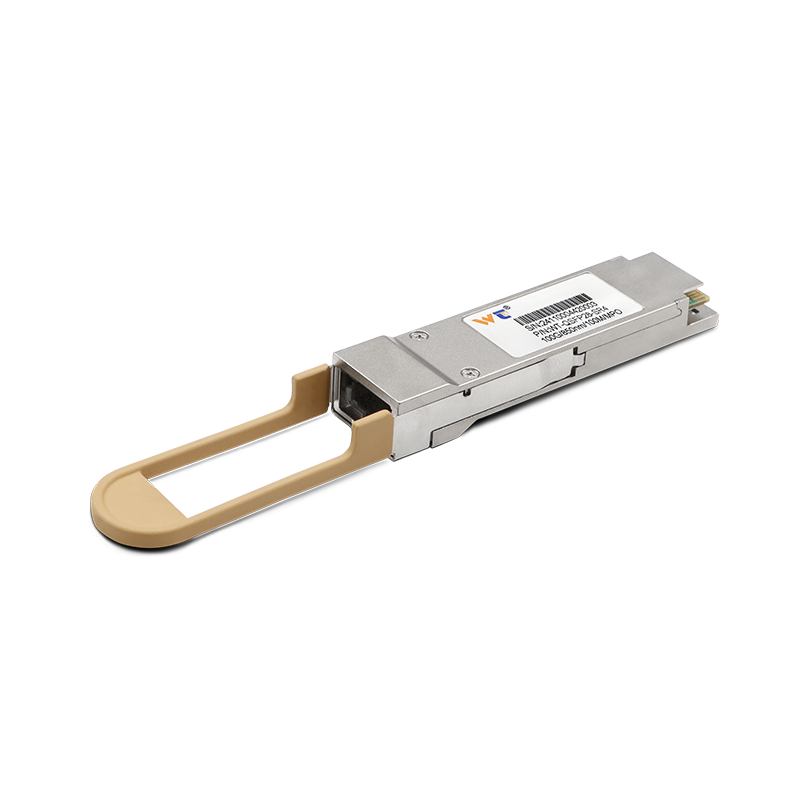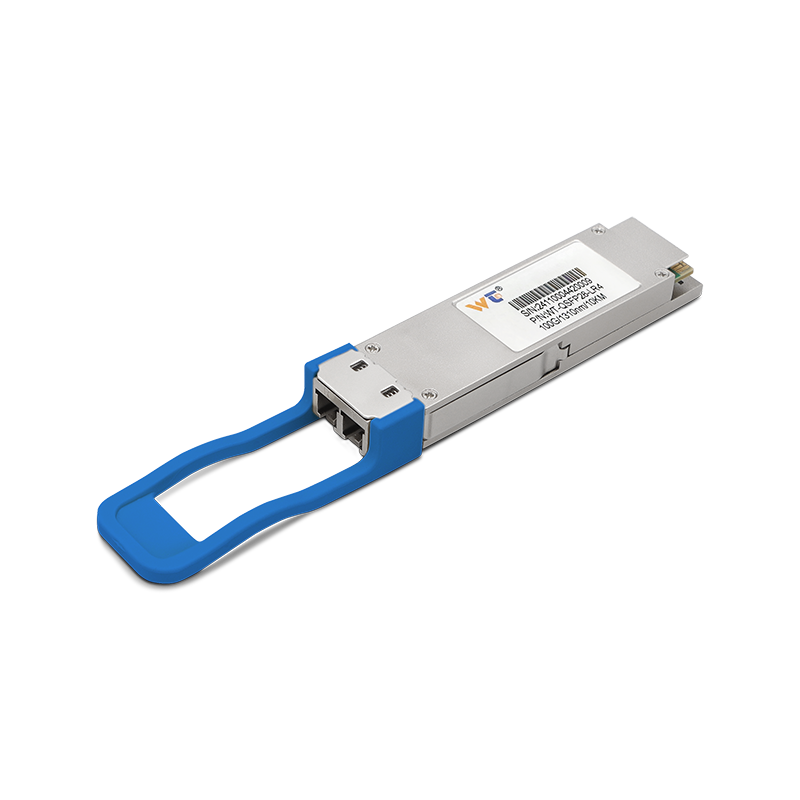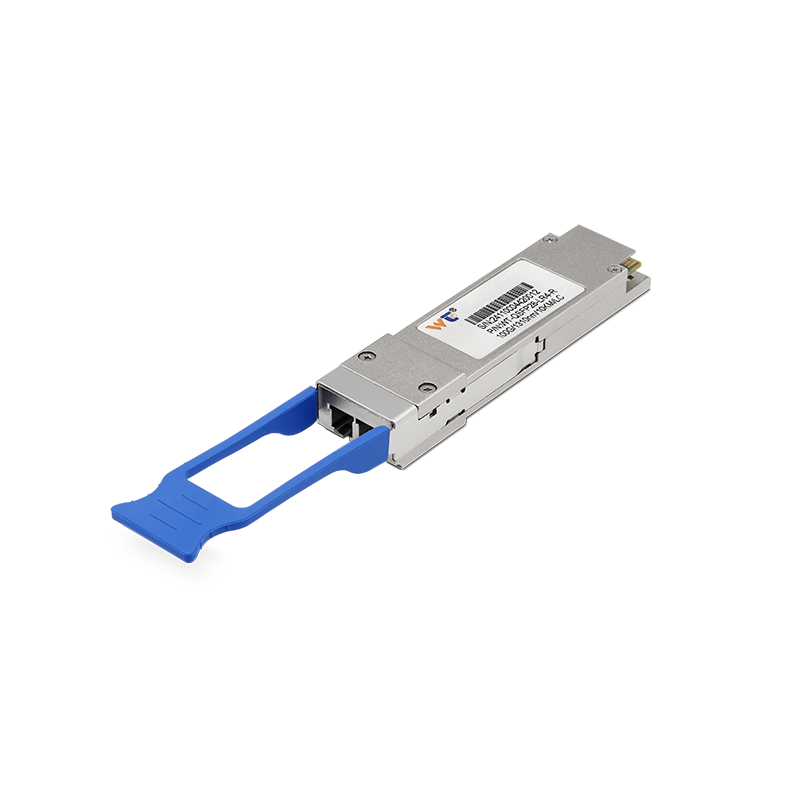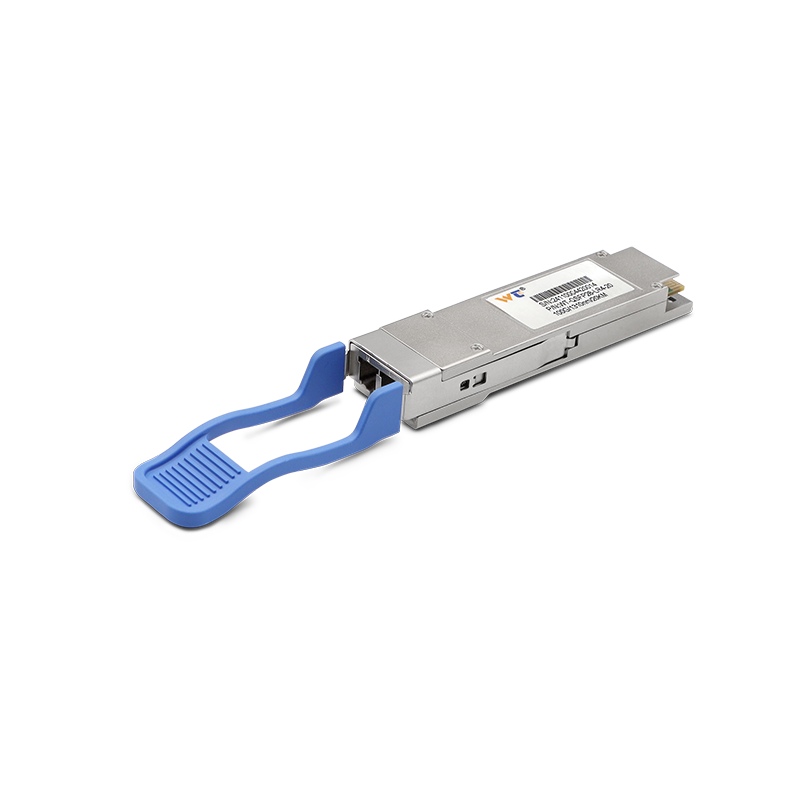In today’s rapidly evolving world, the demand for network engineers has skyrocketed, especially in large organizations where robust network infrastructure is crucial. As someone who has spent countless hours diving into the nuances of this field, I’m excited to share with you some insights into common interview questions for network engineers. Understanding these questions not only helps you prepare but also builds the confidence you need to face those high-pressure interviews. By breaking down what employers are truly looking for, you can fine-tune your skills and position yourself as the ideal candidate. Let’s dive into some of these key questions, why they matter, and how to approach them.
When interviewing for network engineering positions, you’ll often be asked questions that assess your technical expertise, troubleshooting skills, and ability to solve real-world problems. A question you might encounter is, "What is a subnet, and why is it important?" This is not just about knowing what a subnet is—it’s an opportunity for you to show your understanding of how network structures work. It’s about demonstrating that you can think critically and understand the implications of network design. Other common questions could involve routing protocols, comparing TCP and UDP, or explaining the significance of network security. These inquiries test both your foundational knowledge and how well you can apply it in practical scenarios.
To truly excel in these interviews, having a strong grasp of networking fundamentals is essential. Subnets are an integral part of efficient IP address management, helping networks run smoothly and without conflict. Routing protocols like RIP, OSPF, and BGP govern the way data moves across networks, and knowing the differences between TCP and UDP is vital when considering the reliability and speed of data transmission. In addition, understanding the importance of network security—including tools like firewalls, VPNs, and IDS—has never been more important, especially in today’s climate of rising cyber threats. All of these elements are crucial to the day-to-day operations of any network engineer and should be at the forefront of your knowledge base.
Now, let's get into the steps you can take to prepare for these interviews:
- Get comfortable with the basics: Make sure you understand core concepts like TCP/IP models, subnetting, and network protocols. You should be able to explain these concepts with confidence.
- Hands-on practice is key: Use simulators like Cisco Packet Tracer or GNS3 to configure routers and switches. This kind of practical experience is invaluable and helps you visualize how the theory works in real-life situations.
- Practice mock interviews: Have a friend or mentor play the role of the interviewer. This is great for getting used to articulating your thoughts under pressure.
- Showcase your work: If you’ve worked on projects or had internships, make sure you have a portfolio that highlights your experience. Share examples of issues you've solved—this goes a long way in showing your practical knowledge.
- Stay informed: Network technology is ever-changing, so keeping up with the latest trends, tools, and security threats will help you stand out.
- Be curious and ask questions: Demonstrating that you’ve thought about the company’s network infrastructure and challenges shows that you’re genuinely interested in the role.
If you’re aiming to elevate your networking expertise, consider diving into advanced topics like SDN (Software Defined Networking) or network automation. These areas are becoming increasingly important and can give you an edge in your career. Also, pursuing certifications like CCNP or AWS Certified Solutions Architect could really boost your profile.
In interviews, how you communicate can make all the difference. It’s not just about answering the questions—it’s about showing you can think critically and solve problems. For instance, if you're asked about network downtime, share a real-world example of when you diagnosed and fixed a network issue. This shows that you don’t just know the theory—you know how to apply it in real situations.
But the journey doesn’t end there. The key to acing interviews is continuous learning. Every question you answer, every project you work on, every challenge you face—it all adds to your experience and expertise. In fact, when I was preparing for my own interviews, I found that the most rewarding moments came from tackling hands-on problems and seeing tangible results. Over time, you start to build not only your technical knowledge but your confidence as well.
Ultimately, your path to becoming a successful network engineer is about more than just landing a job; it’s about embracing the challenge of continuous growth and learning in this dynamic field. Be strategic in your approach, master the fundamentals, and practice like it’s your job. When the day comes for your interview, you’ll feel prepared, confident, and ready to show what you’re capable of.
So, go ahead, take these steps, and embrace the opportunities that lie ahead. This isn’t just a job—it’s a journey. And with the right preparation, you’re on your way to being an indispensable part of any organization’s network infrastructure.






